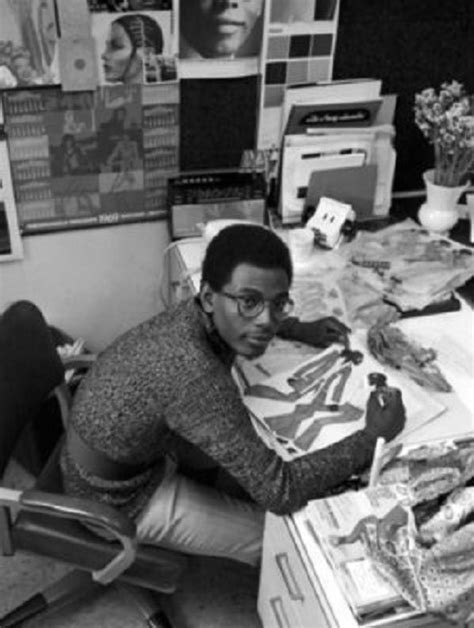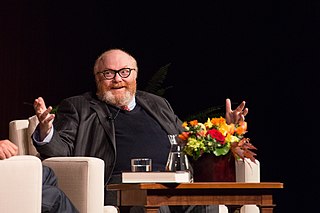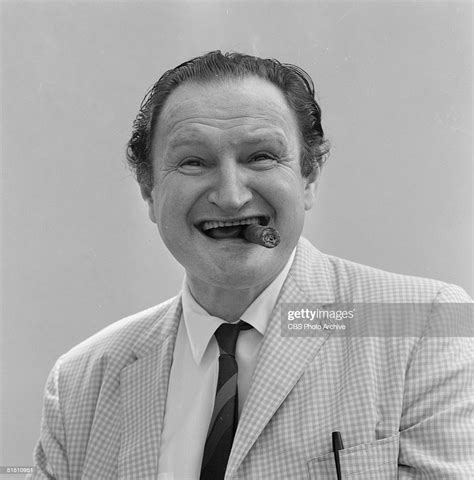A Quote by Sandra Day O'Connor
You have to answer the question, like it or not. And the questions deserve a valid legal response, even if the response isn't one that will be easily understood. You have an obligation as a member of the court to do what you are bound to do under federal law, even if it isn't an attractive resolution from a public standpoint.
Related Quotes
Your mind, in order to defend itself starts to give life to inanimate objects. When that happens it solves the problem of stimulus and response because literally if you're by yourself you lose the element of stimulus and response. Somebody asks a question, you give a response. So, when you lose the stimulus and response, what I connected to is that you actually create all the stimulus and response.
As human beings, not only do we seek resolution, but we also feel that we deserve resolution. However, not only do we not deserve resolution, we suffer from resolution. We don't deserve resolution; we deserve something better than that. We deserve our birthright, which is the middle way, an open state of mind that can relax with paradox and ambiguity.
We are having a public health response to this epidemic of prescription opioids. We are looking at treatment options, there are drugs being made available for treatments, and we aren't just throwing people in prison. So this is a very different response than the traditional criminal justice response that we have had to past drug epidemics.
This is a unique legal loophole in the U.S.: If a non-native comes on a reservation and commits any crime, the non-native should be prosecuted by a federal court. Tribal law can arrest and hold someone for a year, but tribal law cannot prosecute non-natives. So since the federal courts are so overloaded, some of the cases get tossed out.


































